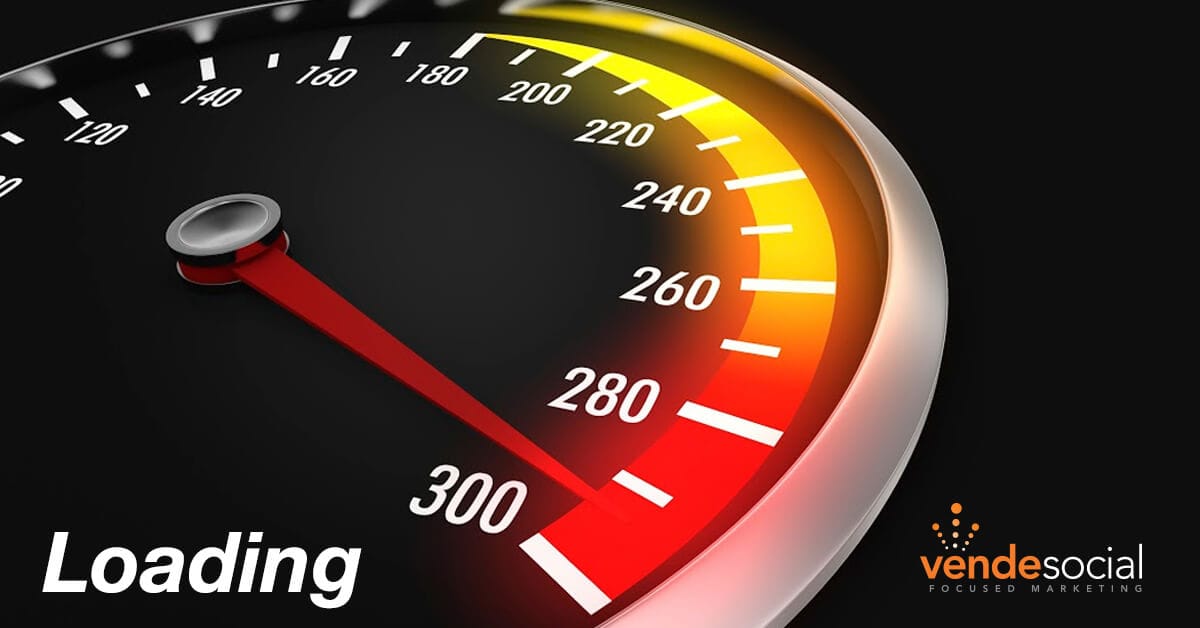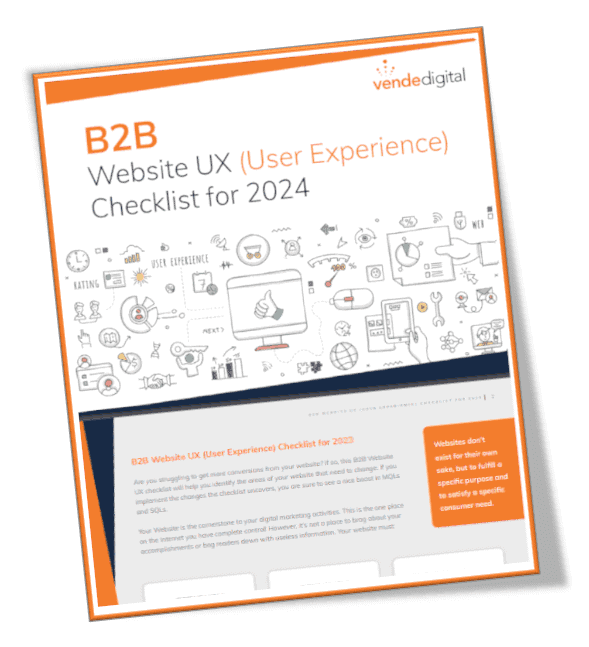You know how fast you drive, how long it takes to heat up your coffee and when you can expect a package to be delivered, but speed doesn’t just affect your personal life. It may be affecting your business online as well. If your website isn’t loading fast enough, you may be losing customers and need to evaluate your site speed impact on SEO.
It may seem like just one more thing that you need to worry about – and it is, but it may be more important than you realize. Your site speed can affect your search rank and should be part of your SEO practices.
Load time and customers
You may have already known that a slow loading site can have a negative impact with online purchases. You may have even seen this yourself. A lagging site causes frustration and lost customers and, even if you don’t offer online products, website users want information fast. Google has noticed, too, and has started using website speed as a factor in how well you rank.
How fast your web pages load also affects how many pages will be indexed by Google. The longer it takes for Google to “crawl” your pages, the fewer it will examine and it can’t list what it hasn’t seen. If your site is too slow, those customers may never even find you.
Why does Google care how fast your website loads? The bottom line comes down to this: how fast your website loads actually affects Google’s revenue.
Why Google cares
Google became “the” search engine by having the best results but they stay that way by being the fastest. Google measures itself in fractions of a second and they tell you right there at the top of the page how long it took to get your results.
Statistics show that if a page takes longer than two seconds to load, half of your customers will “walk away” from your site. Google has found that it goes further, that the longer a website takes to load – the more likely it is that they will walk away from the task altogether. When a user clicks off of the Internet – there goes Google’s audience, so as hard as it may be to believe, the speed of your webpage has an impact on Google.
Last year, Google introduced “AMP” or Accelerated Mobile Pages for content-heavy sites. While AMP is mostly intended for publishers, their next announcement was not. Google announced a definitive plan to use speed as a factor in website rankings and furthered that by indicating a plan to index websites seen on desktop searches differently from those searched on mobile. Since about half of all Internet users only access the web from a mobile device, your site’s speed will be a major factor in how well you rank.
The good news is that over time, web designers have become accustomed to the short attention spans of Internet users and the even-shorter time spans that smart-device users will allow.
Newer website designs are being built “mobile first”
This means they are built for mobile and adapted for desktop. It means cleaner designs that are easy to view – but it also means fast loading pages on mobile – which translates to fast loading pages on desktop too.
If you are the only dog-groomer in a small town, website load time probably won’t affect your customers finding your business but if you have any kind of competition – it can. So, in addition to the other things you may know about SEO: keywords, images, location tagging and website design, you need to evaluate your site speed on SEO.
For more information on SEO download our free 10 Keys to Awesome SEO Info-graphic

